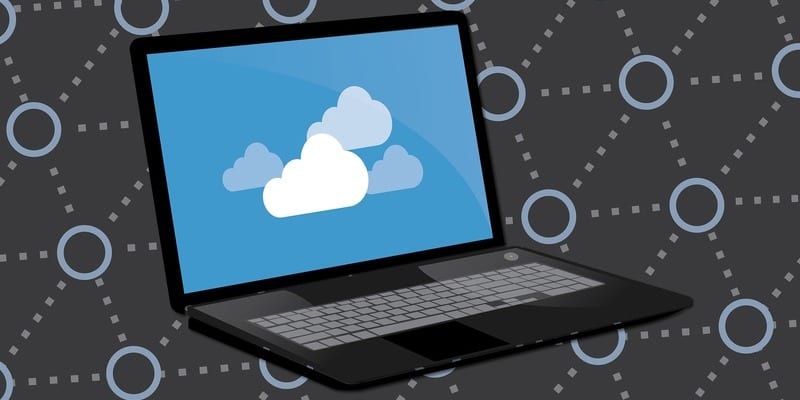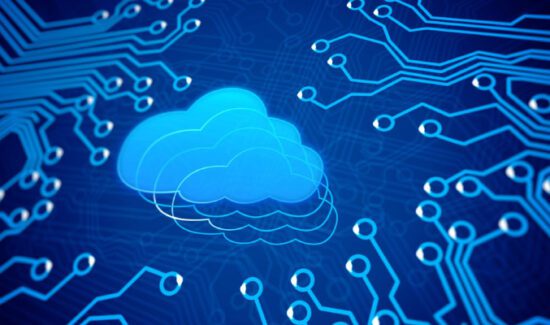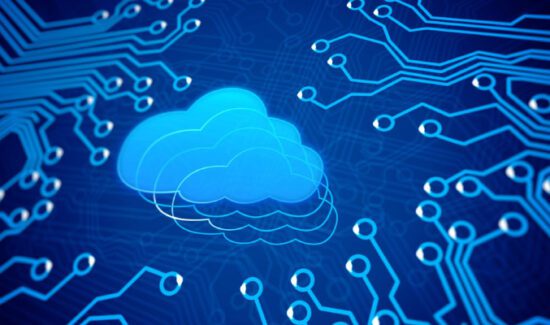How to Guard Your Enterprise Against Cloud Outages


No tech company, big or small, can guarantee 100% uptime for their online services. With factors like environmental damage and human error always in play, it’s simply not possible for an Internet-reliant business to always be available. Even something as simple as scheduled maintenance can knock out Internet service for a potentially long amount of time. Unfortunately, these outages can happen at any time and disable a large amount of the service – or potentially the entire thing. It’s annoying for both the providers who need to fix it and the users who rely on the service.
This is true for cloud providers as well. When part of a cloud provider’s infrastructure goes down, it affects the entirety of their userbase. Because many cloud providers, like AWS, Azure, and Google Cloud, offer multiple services through their cloud platform, outages can vary wildly in terms of size and effect. Some outages might only affect a handle of cloud services. Others might bring down the entire system. Whatever the case may be, users can – and should – take steps to ensure an outage doesn’t entirely destroy your work in the cloud. To help prevent cloud outages from completely ruining your day, here are some insights on guarding against cloud provider downtime.
Understand that cloud outages will happen
The first step in protecting against cloud outages seems almost too simple: you need to accept that cloud outages are a reality. Cloud providers boast about five nines availability, but this usually just means “we’ll try to prevent any unforeseen outages and quickly fix those that happen.” Many IT workers naturally get angry when outages happen because they can’t access their work. Often, though, that problem would be mitigated if they properly planned for sudden cloud provider downtime.
Your business should always have a strategy for what to do when a cloud outage happens. Having a plan for unexpected cloud outages means you spend less time worrying about what to do. If you know about the outage ahead of time, then you can backup data and projects so your information isn’t lost. Sometimes, an outage might only affect a handful of services. It’s crucial to know which services will be unavailable so you know what you’ll still be able to work on.
Redundant data storage
If you store data on a cloud server and that server goes down, you obviously can’t access your data. That is, unless that data is also stored somewhere else. Many companies implement strategies that save their data in multiple locations to avoid problems if one of the servers they use becomes inaccessible. Hybrid cloud deployments, for example, use both an Internet-based cloud server and on-premise hardware to store data. Enteprises with a multicloud architecture store their data on two or more separate cloud environments, so if one goes down, their information isn’t lost.
Even for companies that only utilize one cloud provider, cloud outages aren’t necessarily the end of the world. Those companies just need to take precautions, such as data backups. Some managed service providers (MSPs) automatically create backups of data you store in the cloud alongside your projects and workflows. These redundancy plans allow you to access your information and work on it even when the cloud isn’t available.
This system benefits users who find the idea of manually backing up data to be too cumbersome. It also eliminates the cost of manual backups which, depending on your data usage and how often outages occur, might not be balanced out by having data available during an outage.
Cloud monitoring
You need to know about unexpected outages as soon as they happen. You also need to know about provider-planned outages, such as for maintenance or debugging, well before they begin. However, relying on information from the cloud provider isn’t always helpful, since their communication to you might come too late.
Thankfully, cloud monitoring tools can let you know exactly when an outage occurs. MSPs with cloud monitoring capabilities gather availability information direct from the cloud provider as well as their own separate info collector. The MSP then reports on the availability data and informs the user when an outage is planned or begins. The monitoring is continuous, so your MSP will always update you on developments as they happen.
Is hybrid cloud or multicloud the answer?
We previously mentioned that hybrid cloud and multicloud environments essentially prevent outage problems since you have multiple systems to fall back on. They provide users with assurance that their data is always available no matter what. Do hybrid cloud and multicloud deployments totally balance the costs of outages, however?
That’s difficult to say. In a practical sense, it absolutely makes a difference. Just having one extra set of data available helps enterprises stay productive when one service goes out. However, hybrid cloud and multicloud architectures often include additional costs because you operate with multiple vendors. It might not be cost effective to run that kind of environment when weighed only against the loss of revenue/productivity during an outage. You should consider all the potential costs and savings that hybrid cloud and multicloud will bring.
Our MSP Buyer’s Guide contains profiles on the top cloud MSP vendors for AWS, Azure, and Google Cloud, as well as questions you should ask providers and yourself before buying.
Check us out on Twitter for the latest in Cloud news and developments!























